Archive
2021
KubaParis
Blistering Tongues
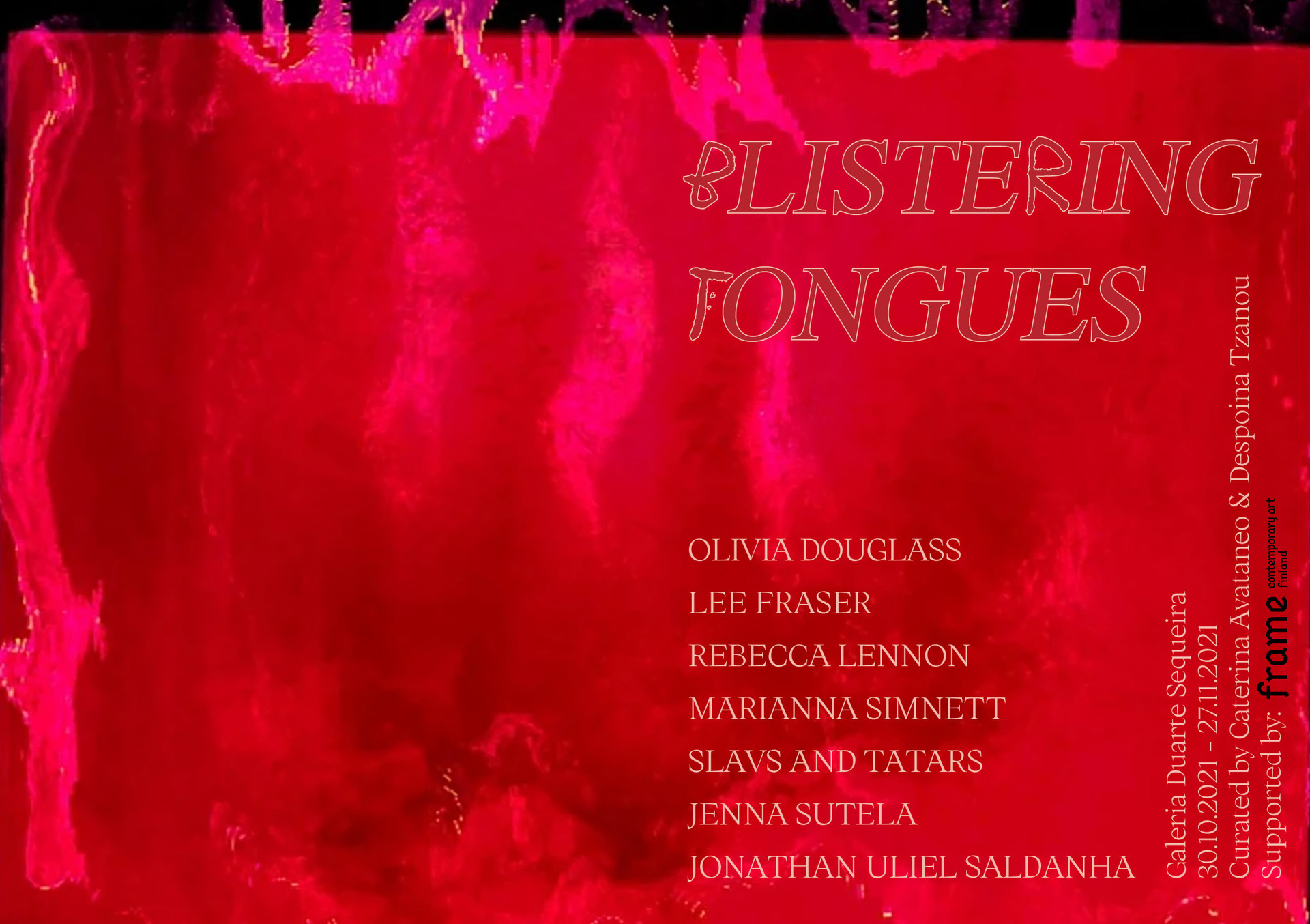
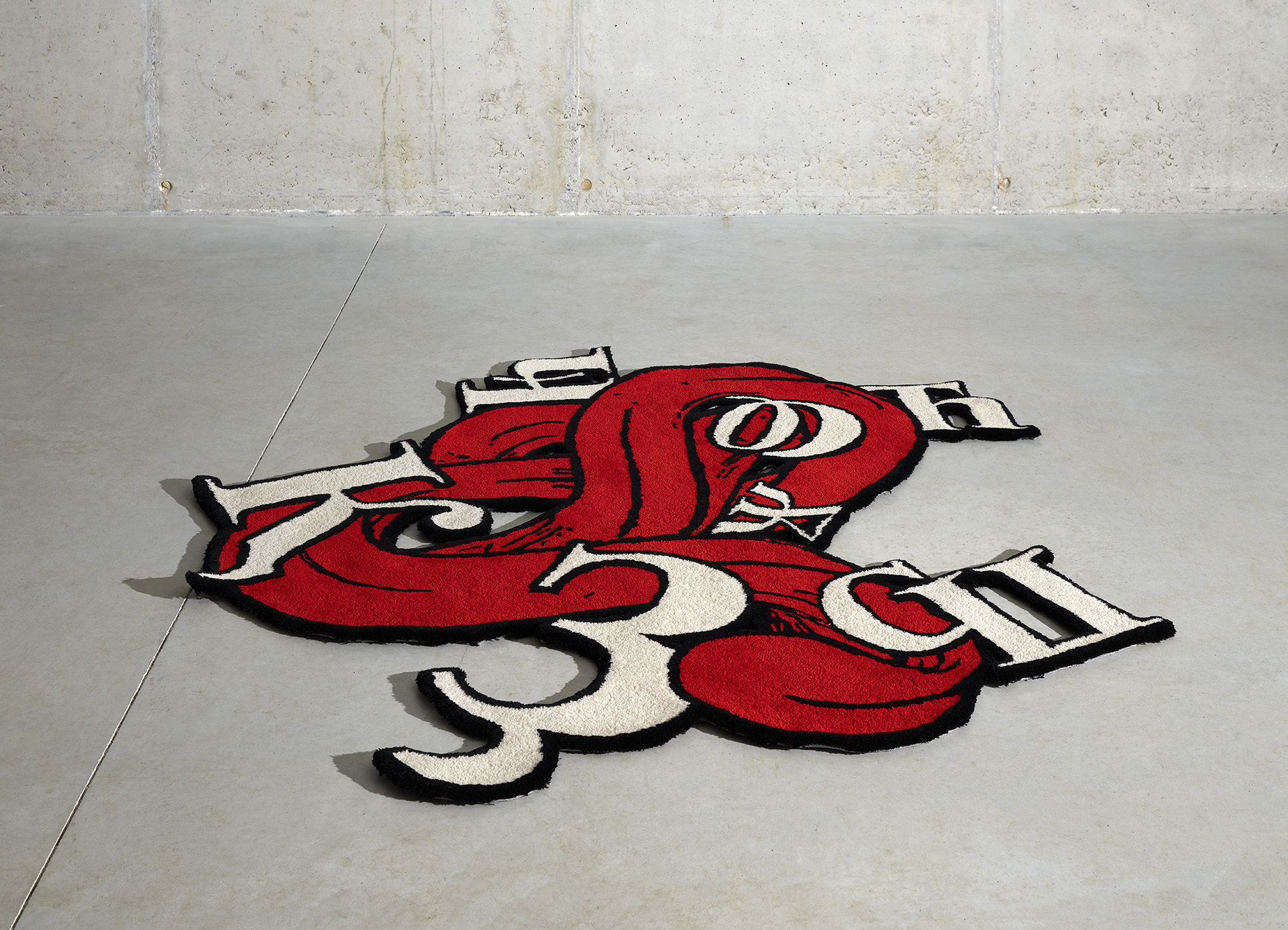
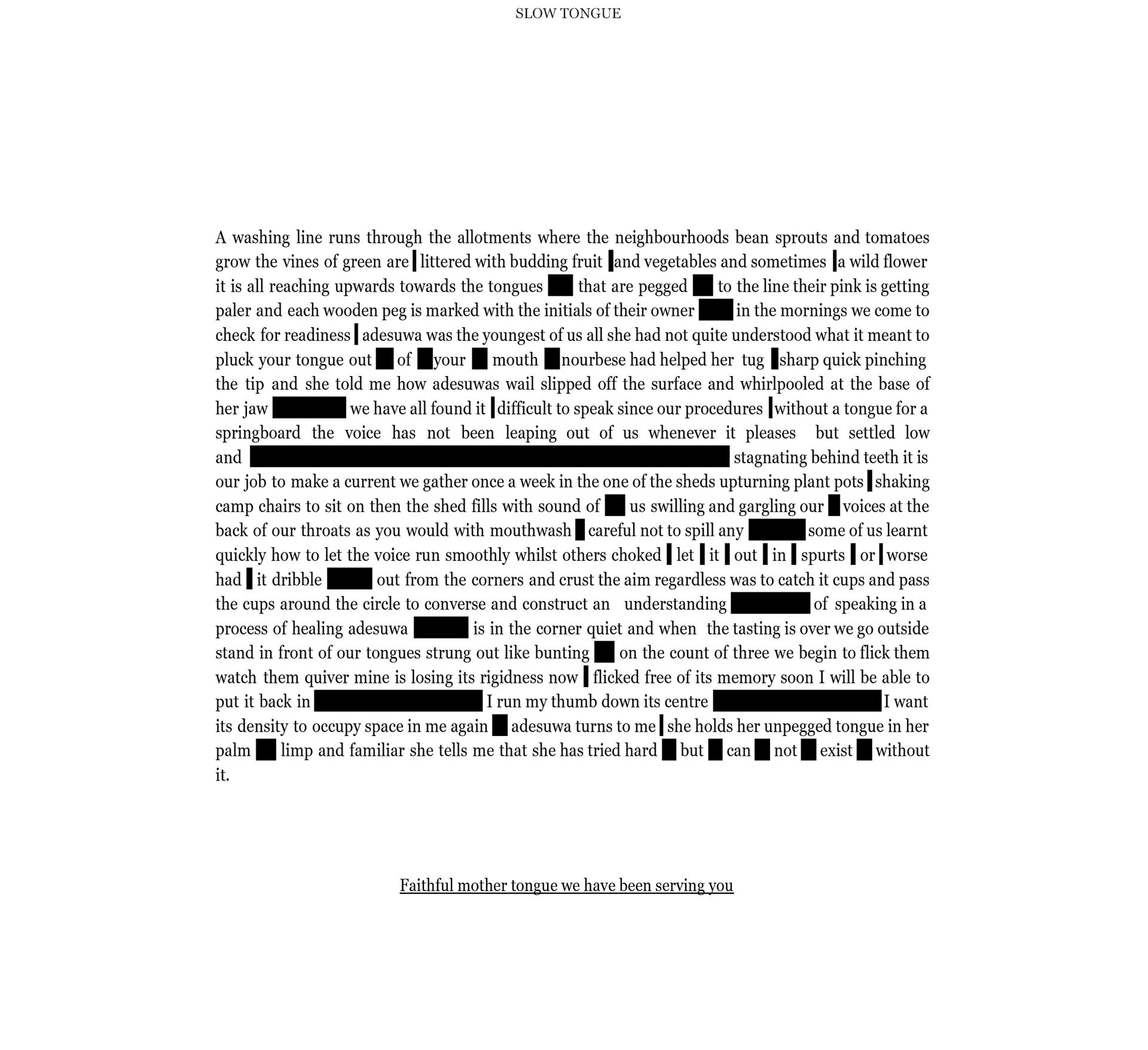
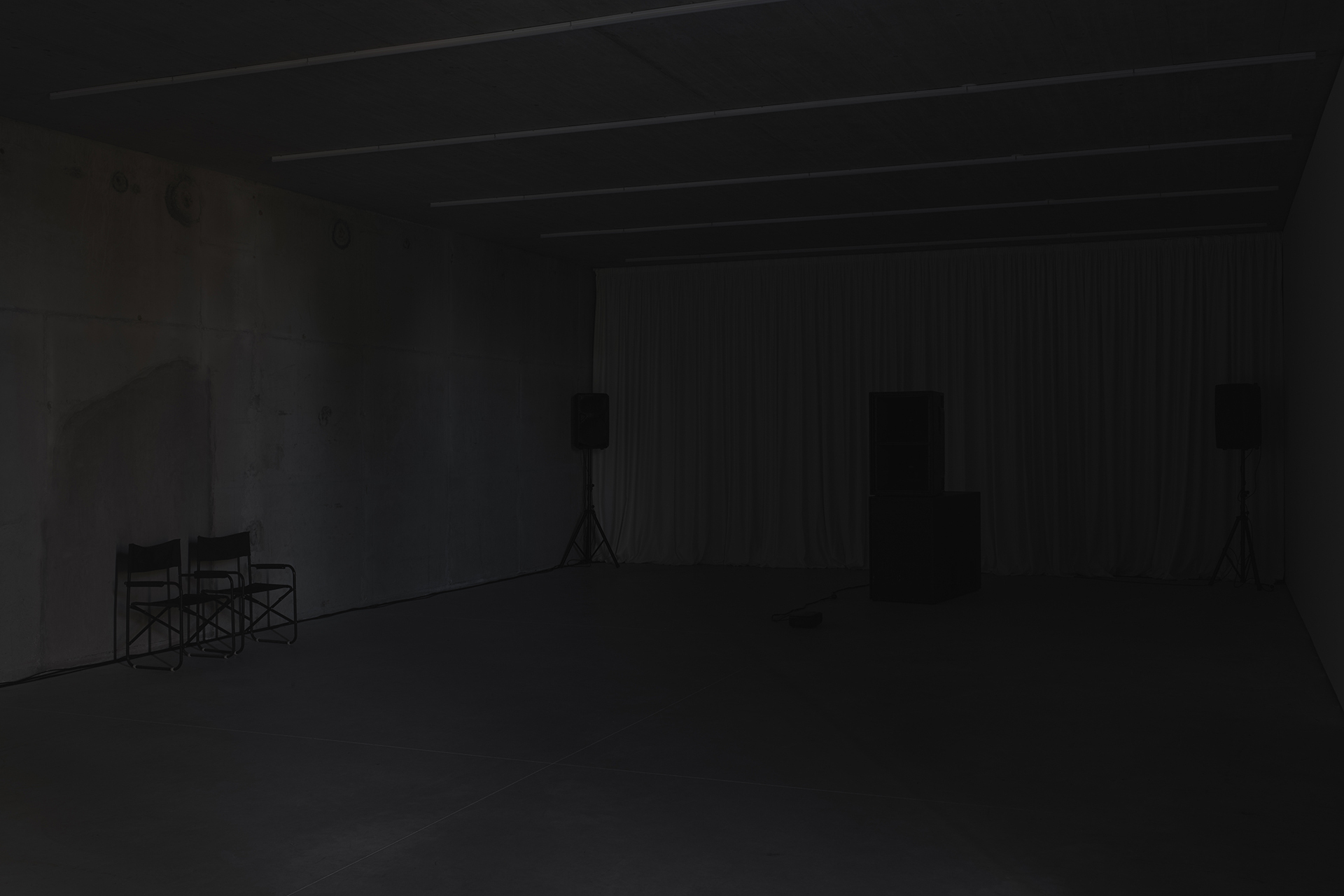
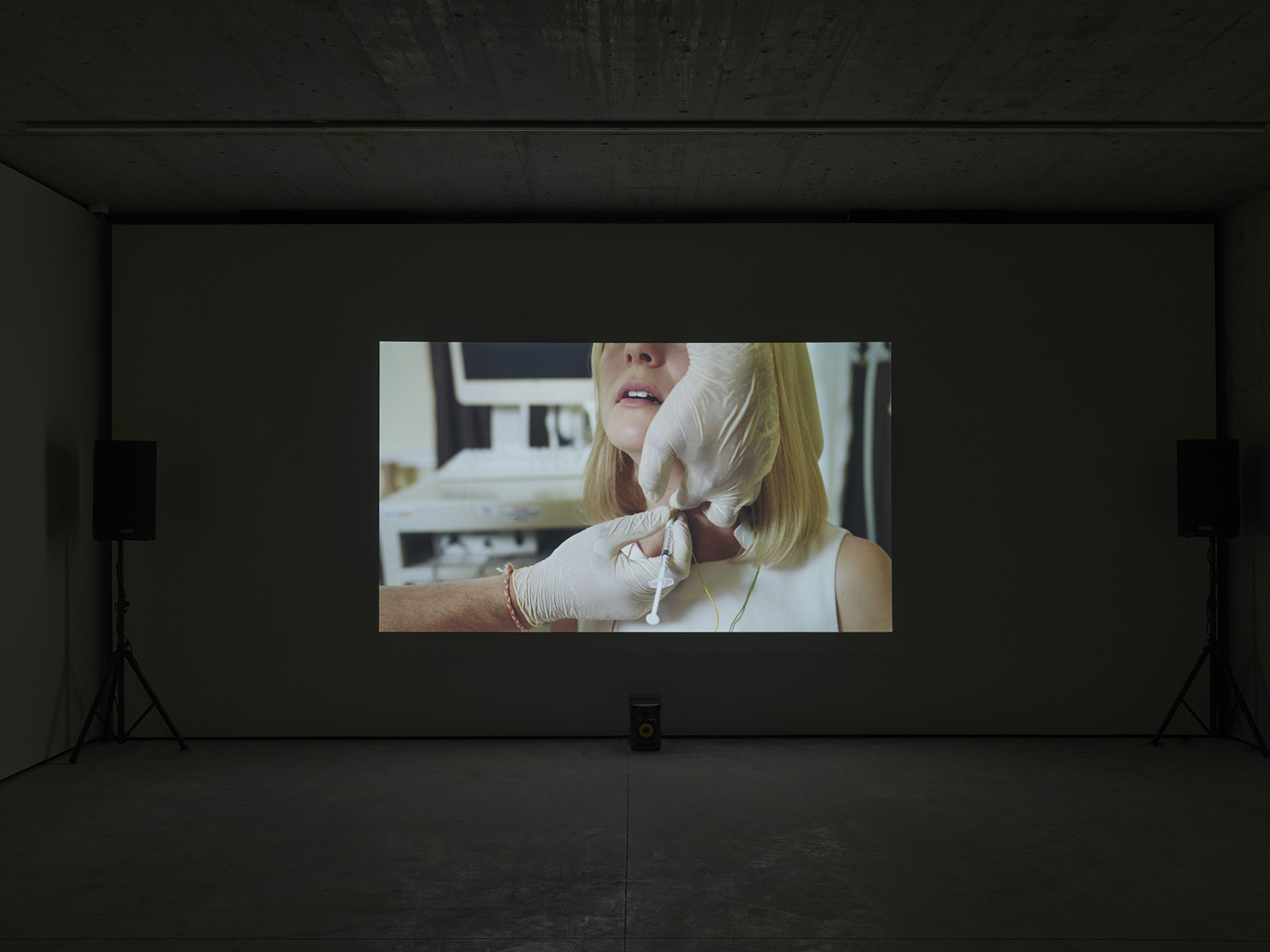
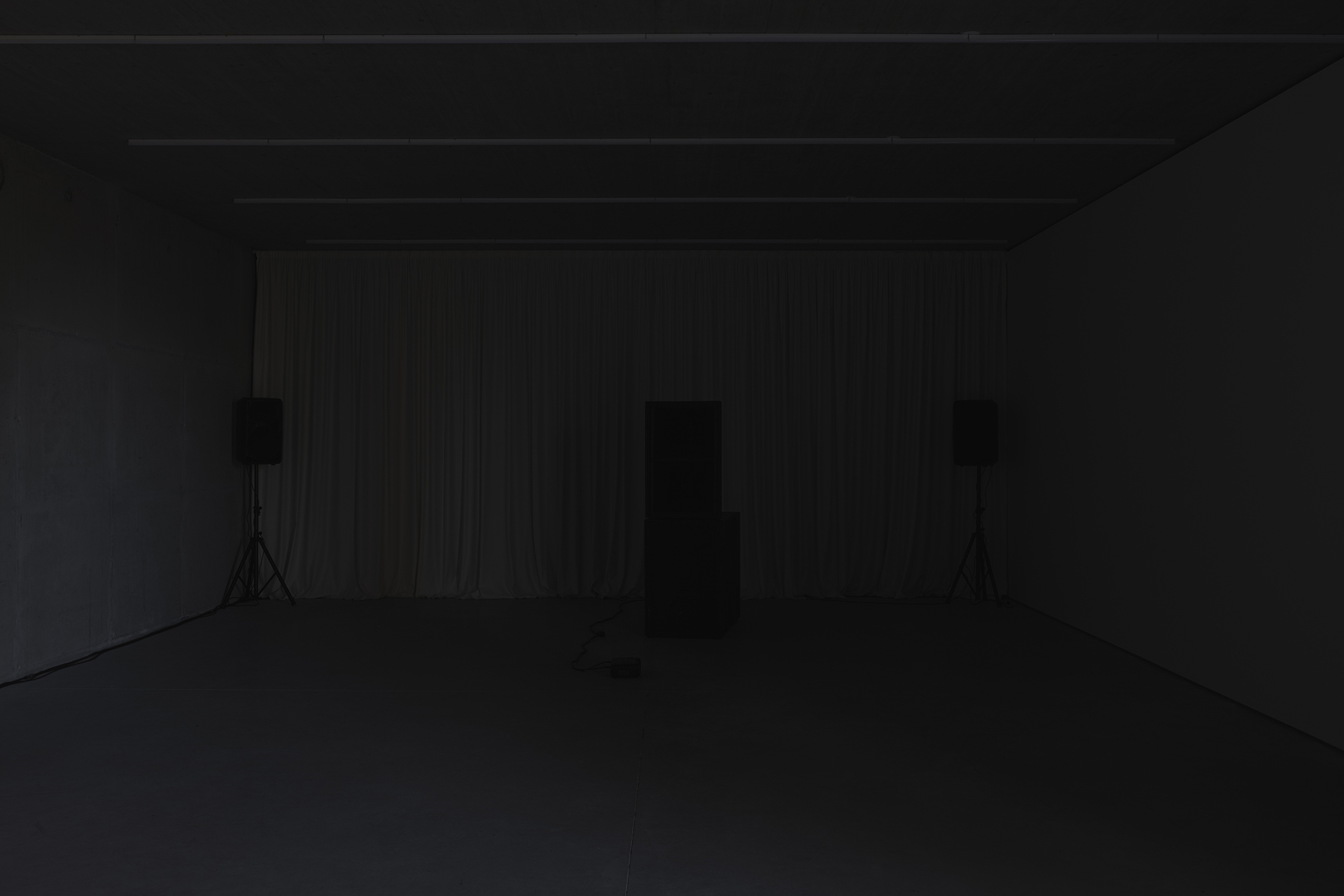
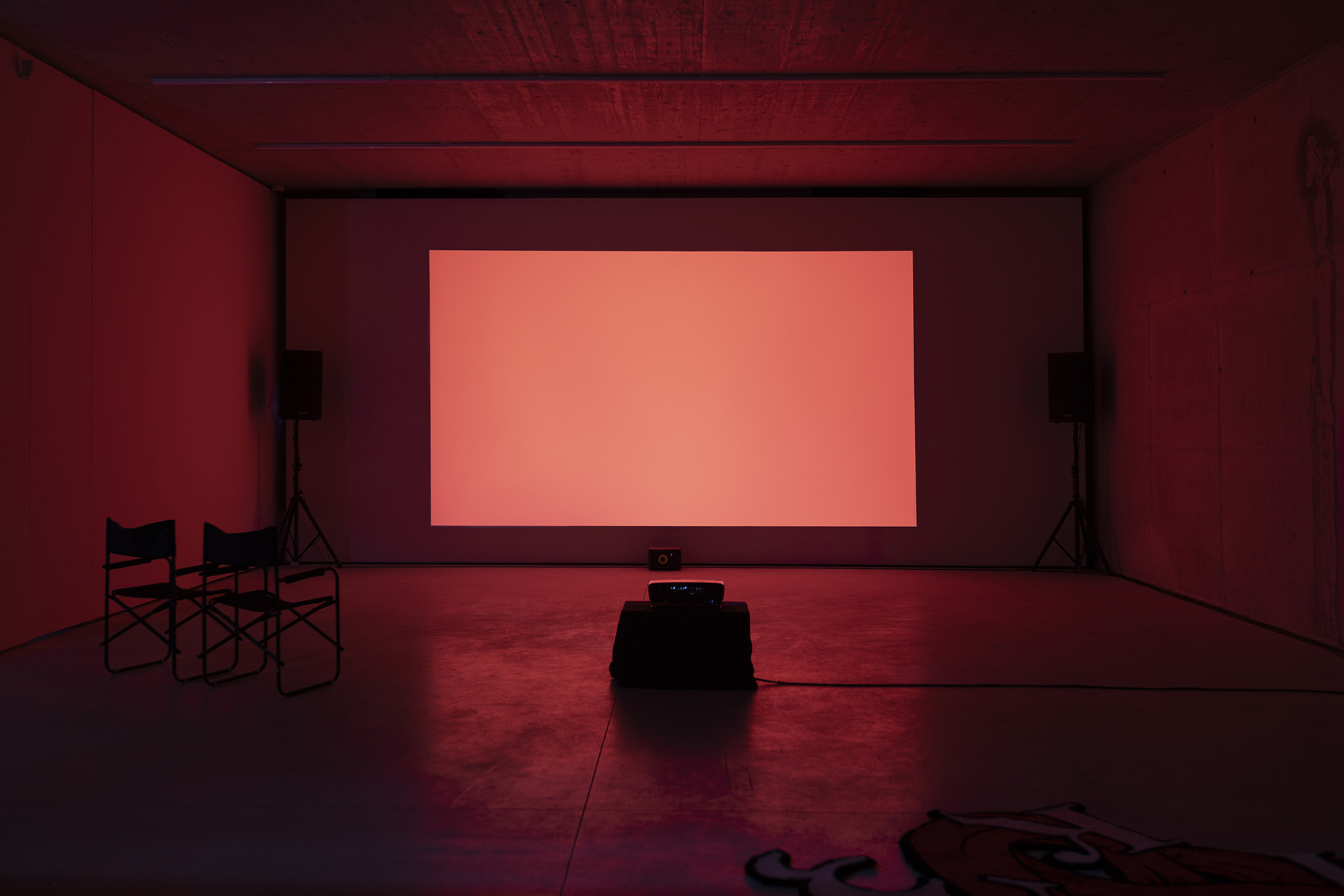
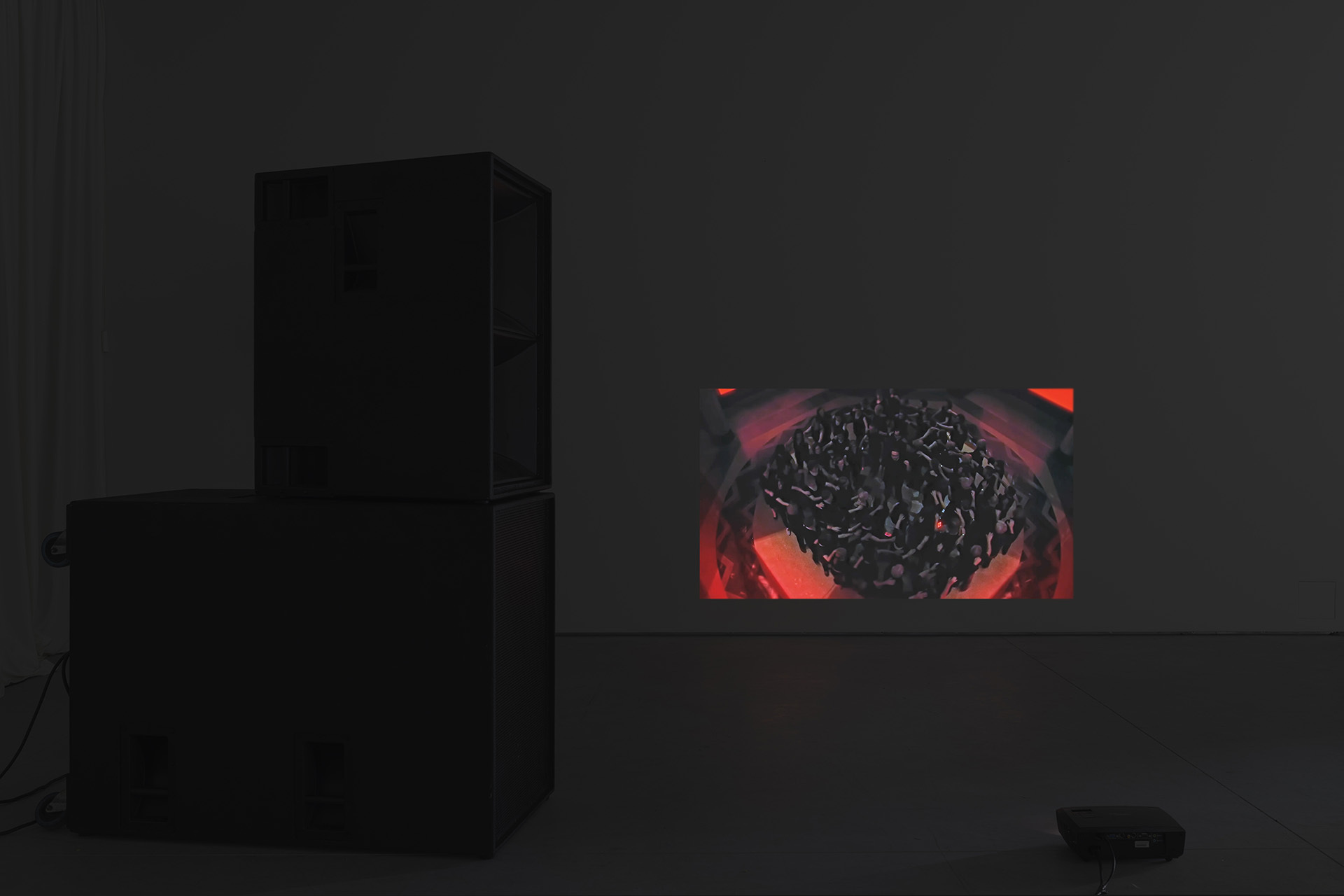
Location
Warehouse, Galeria Duarte SequeiraDate
29.10 –26.11.2021Curator
Caterina Avataneo & Despoina TzanouPhotography
Filipe BragaSubheadline
Participating Artists: Olivia Douglass — Lee Fraser — Rebecca Lennon — Marianna Simnett — Slavs and Tatars — Jenna Sutela — Jonathan Uliel Saldanha Curated by: Caterina Avataneo & Despoina Tzanou Supported by FRAME Contemporary Art Funding, Finland In partnership with SEMIBREVE Festival, Portugal Gathering the works of 7 international artists and focusing exclusively on sound and moving image, ´Blistering Tongues´ explores corporeal societal anxieties associated with the mouth and the voice in order to expose the sense of oppression, impediment and inadequacy experienced by suppressed subjects within the public and the private realm, but also in order to argue for the urgent need to change the ways we listen actively. Allowing for a cacophony of foreign phonetics, synthetic voices, whispers, shouts, guttural sounds and complex, even overwhelming, oral gestures to coexist, the show hopes to disrupt the ground occupied by the singular dominant voice and challenge the idea of voice itself, opening to a polyphony of sounds, repositioning the inaudible and leaving space for alternative narratives, a multitude of possible framings yet to be understood.Text
Being a flow of air coming from the lungs and travelling through internal cavities, the voice is a primary event within subjectivity. Once it reaches the mouth, the voice announces itself as a breath of life, animating and situating the sounding body in the realm of existence. With its sonorities, silences, rhythms and intonations, the voice defines individual identity, and constitutes a carrier for agency and diversity. The voice is in fact linked to speech and free expression and, as Fred Moten poses, it is an “irruption of phonic substance that cuts and augments meaning”. The voice is that which resists objectification and alienation, giving ground for personhood as well as the need to be listened and understood. The act of “giving voice” is also one of the first steps within the anthropomorphization of the non-human, and can be interpreted as a human effort for understanding agency and respecting what it has to say beyond the intelligibility of language.
Considering the mouth as the voice’s physical site and sound as a type of voicing, the show explores corporeal societal anxieties associated with the mouth and the voice in order to expose the sense of oppression, impediment and inadequacy experienced by suppressed subjects within the public and the private realm, but also in order to argue for the urgent need to change the ways we listen actively. Allowing for a cacophony of foreign phonetics, synthetic voices, whispers, shouts, guttural sounds and complex, even overwhelming, oral gestures to coexist, the show hopes to disrupt the ground occupied by the singular dominant voice and challenge the idea of voice itself, opening to a polyphony of sounds, repositioning the inaudible and leaving space for alternative narratives; a multitude of possible framings yet to be understood.
Caterina Avataneo & Despoina Tzanou